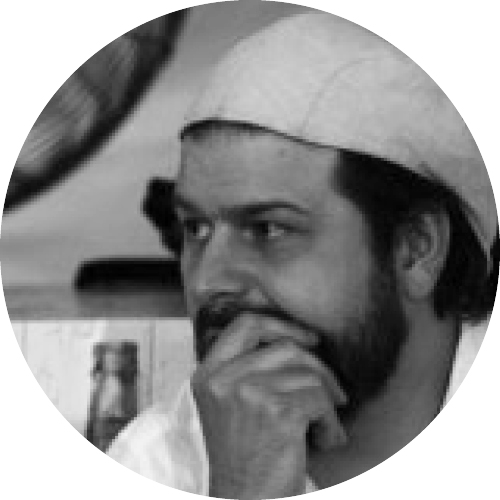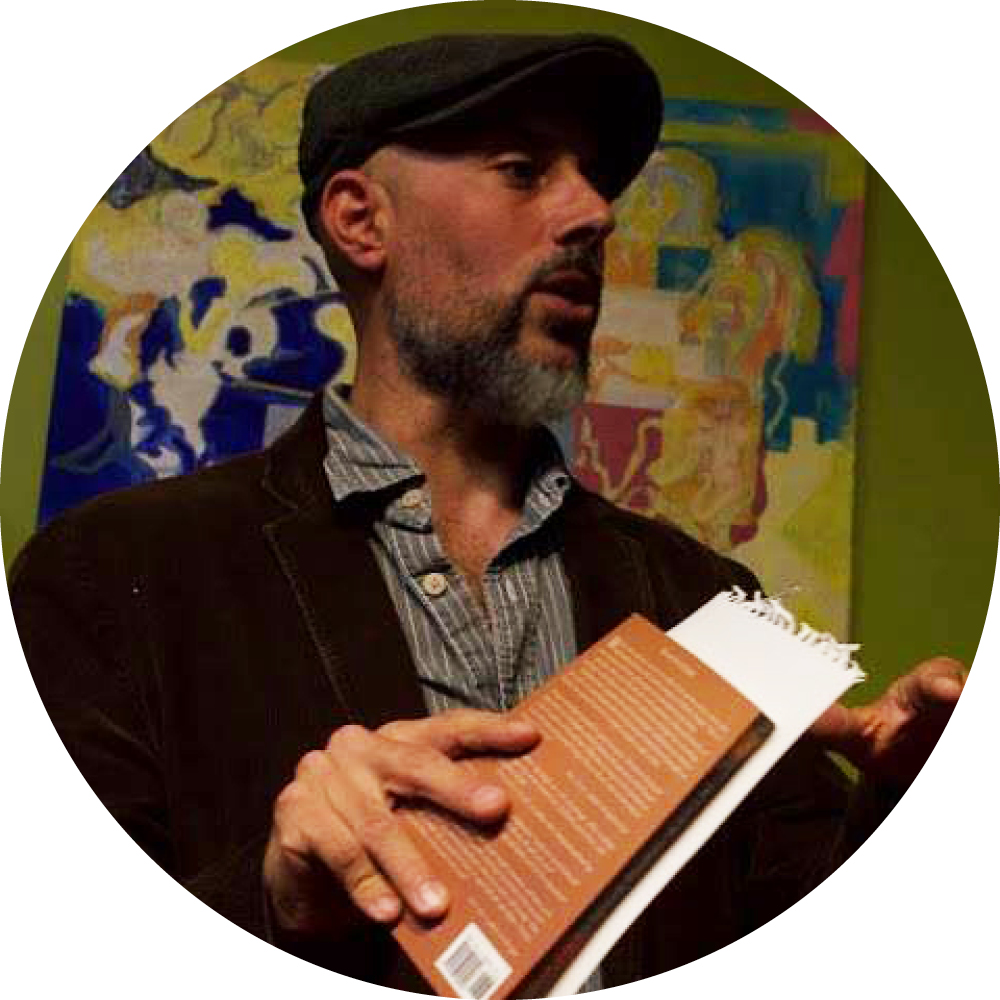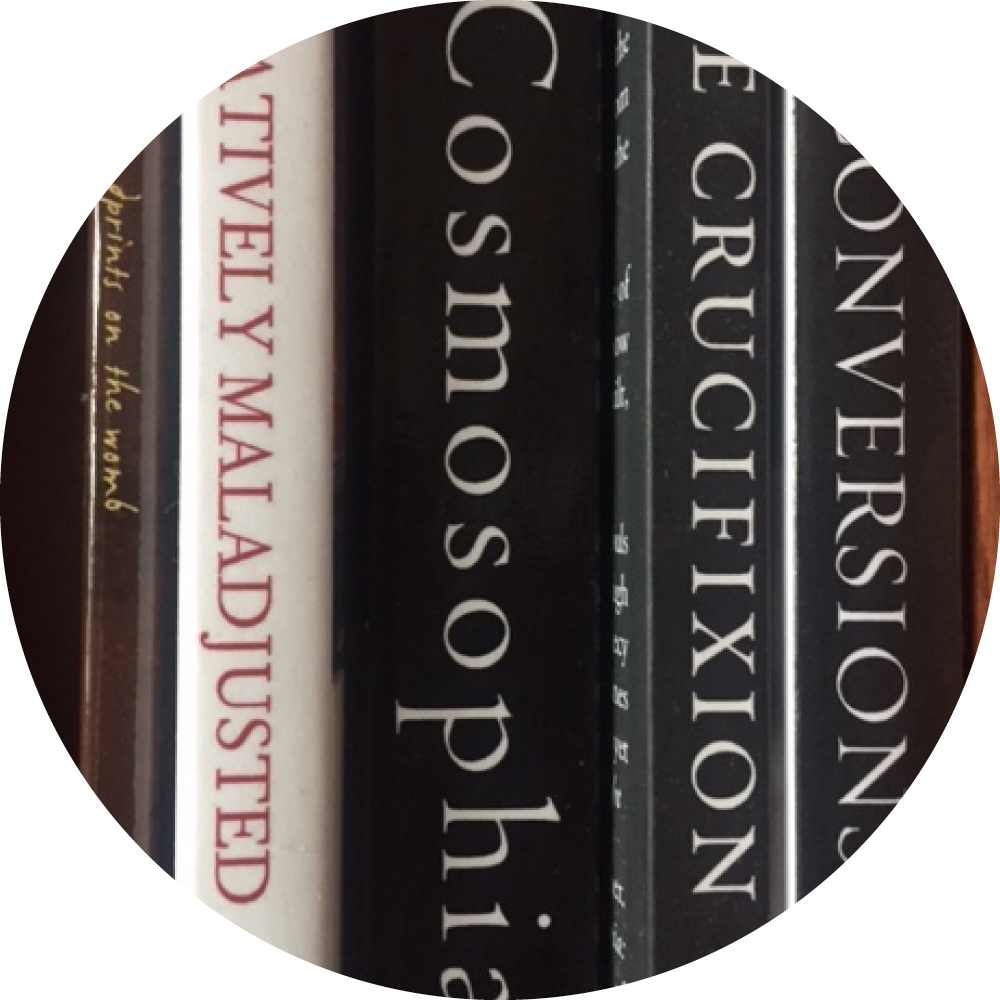Which Normal Do
We Long For?
By Gint Aras
When we get back to normal…
We hear the phrase again and again. Perhaps we utter it ourselves, longing for everything to get back to normal. Yet this collective longing for what used to be ordinary begs questions whose answers might be the most important ever surmised. More hinges on them than our happiness, comfort or investments.
Yes, we long for ordinary simplicity: to shake hands, kiss cheeks, touch naked fingers to ATM buttons, right before we crowd onto busses. Personally, I long for Chicago’s classic barrooms, a crowd enjoying a hockey game, lazy afternoons in bookstores or museums.
I’m an English instructor in a community college, and I miss leading live discussions, interacting with students who suddenly get it, something their eyes reveal when it happens. My most desperate longing is for students who’ll again face their future mostly with hopes and ambitions, not despair and fear.
Following a recent day of electronic grading, I read the refrain when we get back to normal strung through the stack of student essays like a motif. It struck me to wonder if humanity has ever experienced a moment when almost every single person on earth shared essentially the same dread.
We all long to be rid of this fear of infection, of dying alone, in whichever place medical professionals charged with rationing care leave us to suffocate. We fear a loved one will end up dying in that chamber, later removed to be cremated or buried without any ceremony.
We will most likely return to life without that fear. Yet we understand no single witness to this moment – no single survivor of the illness _ will ever return to a world that had never suffered this pandemic. It’s forever a mark, a shared trauma inflicted by nature itself. To the living, it will remain a memory. Tomorrow’s children will read about it, come to dinner to ask us – to ask our children – what we remember about the years when an illness altered the course of human history.
Bearing witness to this magnitude is part of our fear. Let’s admit it: what lies ahead can never return to what had been before. The normal of late 2019 has been deleted.
The choices we see just over the horizon are frightening. Yet our fear should not attract more attention than the aspirations and intensions calling out from inside us. Either our fear or our aspiration will motivate the actions to determine our course.
Do we Americans want to return to seeing our neighbor’s illness as our neighbor’s business, while our health (at the moment) remains our own? Do we want to continue harvesting both illness and health for profit, in an ethos where paying for healthcare means the payee lost? The cruel game – leaving the ill, or families of the dead, to destitution – has shown its perverted face.
Can we still worship the myth that poverty is a character flaw. Do we see that, like illness, it can strike without warning, impossible to mitigate on one’s own?
Must employers continue to fuss over checking if their employees are occupying cubicles for eight or twelve hours each day, when the actual work requires shorter shifts, performed virtually anywhere? Can we see, finally, that presence at a desk does not demonstrate industry or dedication. Don’t we know it mostly reinforces compliance, even subservience, which we value for no efficient reason?
Do we want to return to burning daily petrol just to get to our cubicle, an early morning ritual to prove our industrious dedication? Should we continue driving alone in a car each day, all of us at exactly the same time, ruining the world for children not yet born, harming the health of people whose illness will be harvested for profit, as we raise a film of filth to the sky that blocks our greater view of the distance?
Might we see into a greater distance, celebrate the knowledge of people – physicians and scientists – as our collective treasure, not a threat to our egos. While it hurts to learn our favorite foods and machines harm our bodies and world, perhaps we’ve seen that we can’t save ourselves by construing knowledge as lies, wisdom as conspiracy? Our leaders will reject idiocy when we reject it ourselves, when we admit that no single group owns a monopoly on folly.
Will we continue looking down on teachers as babysitters, loafers in it for the “glorious” time off? Haven’t we noticed their value as professionals invested in the business of social stability? Indeed, those who can, do; and it turns out some of them can teach little ones to read. When we were offered the chance to try the job ourselves, how many of us could?
Will we continue fearing intimacy with ourselves, an obvious symptom of our collective fixation on flaw and fault? Can we learn to be with ourselves well enough to create homes to meet needs, not Hollywood fantasies, as we learn to long for family with greater enthusiasm than we rush to distraction?
Will we see, finally, that we are not merely each other’s neighbors, not entities inside an environment? Isn’t it clear now that we are the environment itself, and the fate of the soil and air is our own? Can we lose identities based on hero-myths to build traits we wish we met in others: presence, intimacy, empathy and courage.
Can our minds turn attention to our courage? It’s what we must cultivate and harvest, as this conflict has already provoked the opportunistic monsters who always harvest mass fear to destory. Their story’s strung through our history books like a motif.
Yet perhaps this time is different. Because this time we all fear the same thing. Ironically, an illness might have been the unifying threat we needed. It demands we choose actions that leave the future’s children grateful for what they will take for granted as normal.

Re-sources
Re-Imagining Education

Empowering educators to take a deeper look at the stories told in our schools and to re-imagine them in transformative and
nurturing learning spaces.
Learning Opportunities

Classes, workshops, and lectures that help to empower people to re-imagine who they are and their place in the world.
Get Involved

Help the Chicago Wisdom Project realize its mission to re-imagine education through holistic programming that transforms individual, community and world through creative expression.
